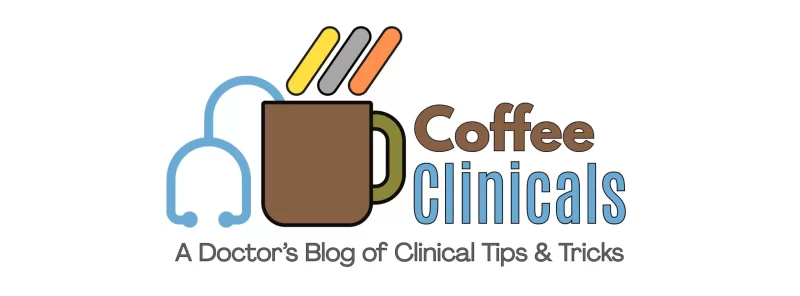
A major goal of this blog is to help simplify your approach to common clinical problems. It helps to have mental frameworks to those – like the previously discussed 6-C framework for in-hospital management of any admission. Here’s one to keep in mind for devising therapeutic options most infections, especially bacterial.
The four options to treat any infection:
- Drug it
- Drain it (either Incision & Drain [ I & D ] or Drain tube placement
- Debride it
- Detach & Discard
The 4 choices above depend on 4 things :
- Pus present ? — > Drain it
- Necrosis & Poor healing ? –> ‘Debride it’
- Infected part unsalvagable ? –> ‘Detach & Discard ‘
- Patient unstable for surgery ? – ‘Drain it’ or ‘Debride it’ first instead
Here are a few examples:
- Pneumonia: Antibiotics ! (Drug it) –> if you see an effusion and patient not improving, think empyema ! If thoracentesis confirms it, then add chest tube (drain it), If drainage not successful or empyema loculated, consider VATS (debdride it)
- Cholecystitis: Antibiotics (Drug it) , recurrences are common & can be worse with gangrene, usually we go to cholecystectomy if stable clinically (detach & discard), if not stable , a percutaneous GB drain (Drain it)
- Infected diabetic foot: Antibiotics failing? See drainable pus ? -> I & D (drain it) , necrotic toes ? Can attempt debridement / partial amputation , if recurs or part cannot be salvaged due to poor vascularity –> amputate (Detach & discard)
- Infected hardware: Any hardware when infected forms a biofilm which make them mostly unsalvageable. It is tricky without hardware removal – but for some patients with surgical risks (recent MI for example) or advance ageing, malnutrition etc. surgeon may opt to use long term antibiotics – including antibiotic beads / spacers etc. (which still falls under ‘Drug it’) and instead try Irrigate & Debride while keeping hardware in place.
Don’t miss these fun posts! Subscribe via email 📩 | |
